US, CCC and local journalists gang up to foment chaos
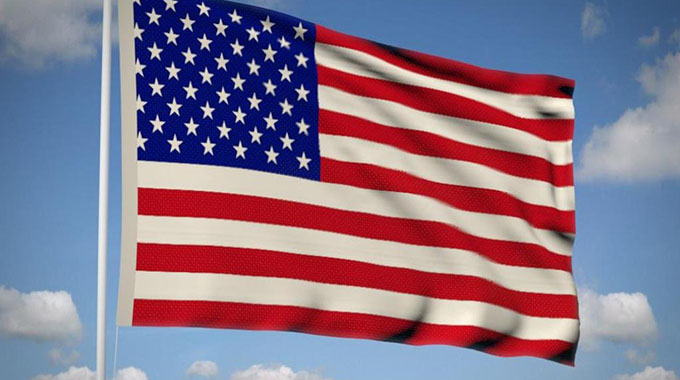
Gibson Nyikadzino
Herald Correspondent
The US government through its Harare embassy has started sponsoring local journalists to write more negative stories about Zimbabwe, at the same time undermining Chinese investments to create national indignation ahead of planned protests to be led by the opposition Citizens Coalition for Change (CCC) on May 26.
The goal of the demonstrations by the US government using local proxies is to frustrate Chinese investments, project Zimbabwe as an unsafe investment destination and undermine the Government’s Look East Policy ahead of the 2023 harmonised elections.
Anti-government and anti-Chinese demonstrations that have been scheduled for May 26 are also expected to disrupt production at some targeted Chinese-run mines with opposition CCC supporters and civil society members set to protest disguised as mine employees.
The protests, meant to undermine constitutionalism and effect regime change, are being coordinated under the CCC’s colour revolution code-named the “Yellow Sting” and using sabotage tactics from Serbian anarchist Srdja Popovic.
Some of the targeted mines include Chinese lithium mining enterprise, Huayou Cobalt in Mashonaland East, which last December bought Arcadia Mine from Australian-listed Prospect Resources Lithium Zimbabwe (Pvt) Ltd.
After the failure to effect regime change in 2001 through the imposition of the unjustified Zidera sanctions, the US has adopted a hybrid approach involving using local NGOs, journalists, targeting investments of friendly countries and apply pressure through military posturing as seen in the recently opened US Africa Command office in neighbouring Zambia.
The CCC, an offshoot of the MDC-T, has failed to open a new chapter in Zimbabwe’s political landscape after its launch on January 24 after sticking to old rhetoric that advances the interests of their Western handlers.
The party has also failed to advance Zimbabwe’s national interests through calling for the lifting of economic sanctions they called upon two decades ago as they enjoy the misery being inflicted on the masses by those coercive economic measures.
Information in The Herald’s possession reveal that leaders of non-governmental organisations (NGOs) and local journalists with the help of the US embassy, have agreed to coordinating logistics on behalf of the opposition CCC on the day in question.
US government officials stationed at the Harare embassy are also working with the Centre for Natural Resource Governance (CNRG) to spread falsehoods about Chinese investments in the lithium, gold, diamond, chrome and coal sectors through acts of “advocacy”.
Last Saturday a director with CNRG, Mr Farai Maguwu using his Twitter handle falsely claimed that Chinese investors, Sinomine, who acquired Bikita Minerals in January are “looting lithium on an industrial scale” yet the company had started to increase production levels.
Mr Maguwu was chastised by the Sinomine investors for “twisting real facts” after calling “a fair transaction and normal operation as looting”.
On the other hand, journalists through a local weekly newspaper have also been sponsored by the US government to conduct anti-China “investigative” stories in the mining sector under a programme funded by the US through the Information for Development Trust (IDT), an NGO run by a former police officer.
The US embassy’s public diplomacy section in collaboration with IDT this week admitted to have funded an anti-China story carried in this week’s edition of The Standard.
“This investigation was supported by the US embassy’s public diplomacy section,” said the US embassy.
The story targeted a Chinese owned mine, Zhong Jian in Hwange, Matabeleland North.
In July last year, journalists were also sponsored to go to Mavhuradonha in Mashonaland Central where they “unearthed irregularities around a special mining grant that had been issued to a Chinese firm”,Afrochine.
Chinese investments in the mining, infrastructure and technological sectors have become a bedrock for Zimbabwe’s economic transformation and rejuvenation under the Second Republic led by President Mnangagwa.
Diplomatic engagements by President Mnangagwa’s administration have also seen an increase in investments trickling in various economic sectors.
Government projects that by next year, the mining sector, through the investments of locals and other players, will be a US$12 billion industry ahead of Vision 2030 in which Zimbabwe is set to attain an upper middle-income economy status.
A 2021 customs administration trade data report released by China showed that its trade with Zimbabwe stood at US$1.88 billion compared to the US$87.3 million trade between the US and Zimbabwe during the same period.
CCC leader Mr Nelson Chamisa, who the US wants to attain political power using unconstitutional means, in 2018 told British media that he would expel Chinese investors in Zimbabwe once he finds his way to the presidency.
Mr Chamisa’s sentiments were recently echoed by his interim deputy Mr Tendai Biti in an interview with a South Africa-based news agency where he falsely claimed that “Zimbabwe does not benefit from Chinese presence” in the country.
But reliable sources yesterday said the US is committing “diplomatic don’ts” for using the opposition and NGOs to undermine investments of other countries as it acts contrary to the 1961 Vienna Convention on Diplomatic Relations tenets.
“Article 3 (e) of the 1961 Vienna Convention does not allow diplomats to be fomenting and instigating chaos in the host country. The goal of this article is to promote friendly relations between the sending state and the receiving state, and developing their economic, cultural and scientific relations.
“The US is committing diplomatic don’ts and that is the problem because it is slowly becoming an outlaw as it does not want to abide by the tenets of International Law,” said a reliable diplomatic source.
Previous attempts by the US to foment chaos and threaten national security in Zimbabwe have failed due to the coordinated vigilance of the Government and citizens.

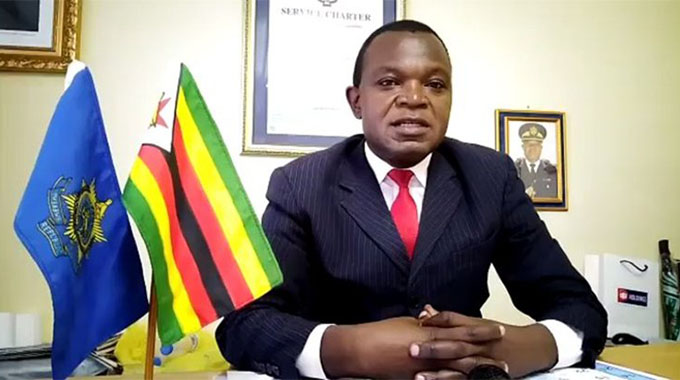
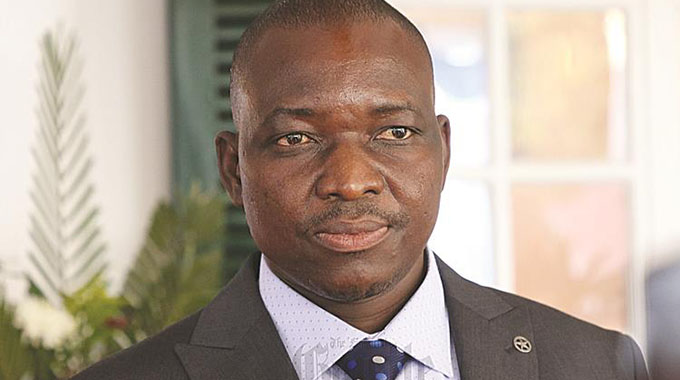
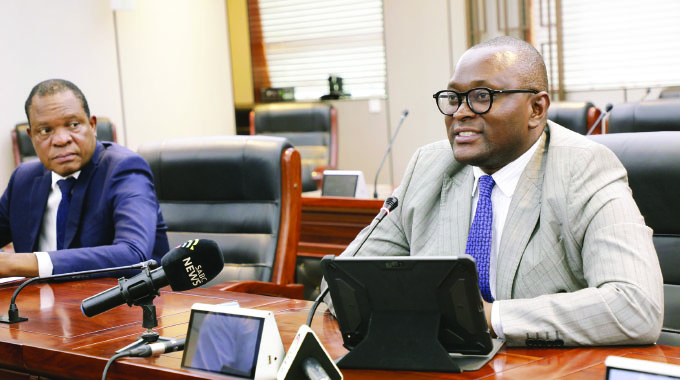
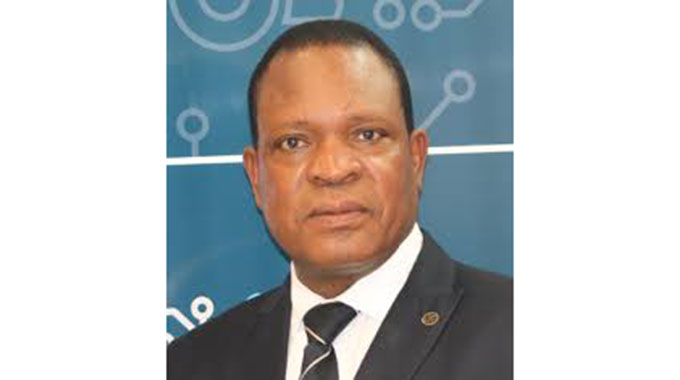
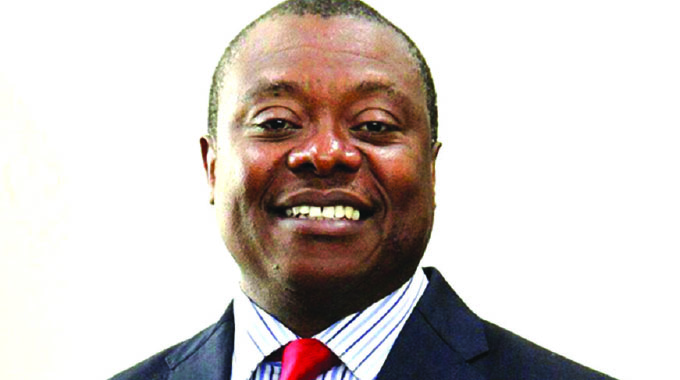

Comments